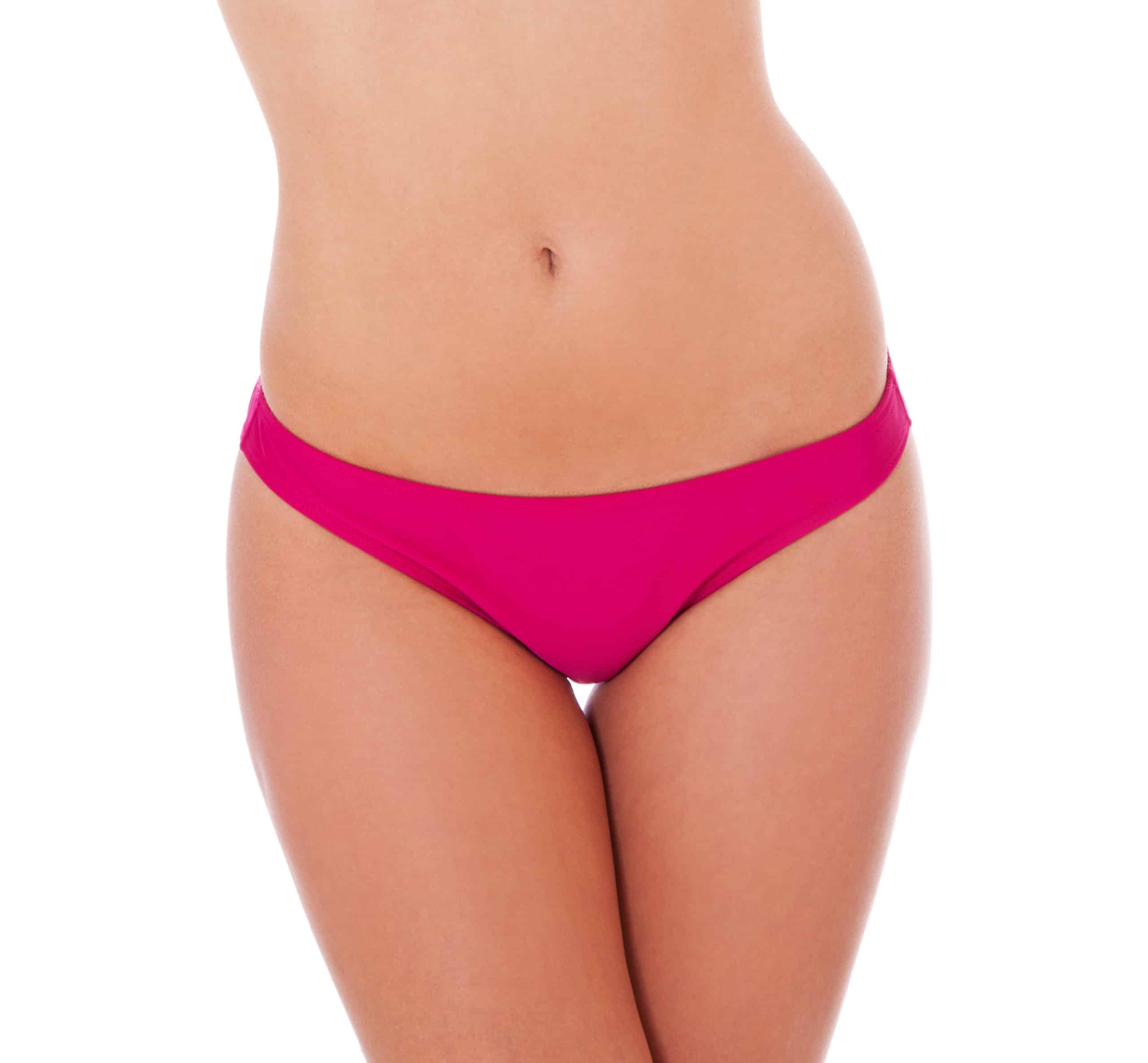
As a women’s health care provider, one thing I have observed over the years is the ongoing disappearance of pubic hair. What once was a constant among women is now a rare occurrence, regardless of age. Over the last two decades, our society has gone from trimming the bikini line, to believing that the entire labia and pubic region must be bare to be clean. In fact, 95% of women admit to altering their pubic hair by trimming, shaving, or removing it completely. This, now, mainstream-grooming routine has made me question why we have pubic hair and what is its purpose?
There are many theories as to the purpose of pubic hair. One theory is that it helps in spreading pheromones. Research shows that our sweat glands secrete a smelly substance, which mixes with the bacteria and oil from the sebaceous gland. This results in a unique substance and scent known as pheromones. Pheromones can be trapped in the armpit hair and pubic hair of both women and men. The pheromone enhances sexual awareness and increased desire for sex.
Pubic hair can reduce friction when parts of the body rub together and offer a natural barrier to help keep things clean. Female pubic hair helps to decrease contact with viruses and bacteria to keep the tender skin around the genital area from being abraded. Offering protection is, therefore, one of the main purposes of pubic hair in the female reproductive system. Pubic hair also protects the reproductive system from bacterial pathogens such as streptococcus and viruses. Pubic hair controls moisture by wicking it up and away from the skin, and therefore, reduces the chances of skin breakdown. Pubic hair keeps the skin around the genital area moist and balanced.
In addition, at the end of each hair follicle is a nerve ending. These nerve endings are different from the other nerve endings whose purpose is maintaining pressure and temperature. When pubic hair is touched, a sensation is sent down the shaft of hair to the nerve ending. These feelings are registered in the brain as pleasurable.
So, if pubic hair has a purpose and is beneficial, why have so many jumped on the hair removal bandwagon? The January 2015 issue of The Journal of Sex noted that women reported stronger associations with feelings of cleanliness, comfort, sex appeal, and the social appeal of their peer group as reasons for removing pubic hair. The same article found that 60% of men reported preferring “hair free” partners and, in turn, were, therefore, more likely to trim and groom their own private areas.
Unfortunately, shaving and waxing can cause an infection in some of the small hair follicles around the vulva, which may create bumps and lumps called folliculitis. Folliculitis may present as a rash, better known as razor burn, or pus filled boils that are difficult to treat and very painful. Vulvar irritation is common after shaving or waxing. When skin irritation is combined with the warm environment of the genitals, it becomes a perfect breeding ground for some bacterial pathogens such as methicillin resistant staph aureus (MRSA) and other staph infections. Studies have also shown that shaving and waxing can increase the risk of contacting infections such as Herpes, HPV, and Syphilis.
If you do decide to shave, here are some tips to help reduce the risk of skin irritation:
- Soak hair follicles in a warm bath or shower to soften;
- Exfoliate the area with a salt or sugar scrub;
- Use a shaving foam or inexpensive hair conditioner;
- Use a new, sharp razor and shave in the direction of the hair growth;
- Moisturize the area after shaving and apply a thin film of Neosporin to reduce the skin bacteria.
- Apply a gentle deodorant to the shaved area to reduce perspiration and promote dryness.
If you’re interested in an alternative to shaving or waxing, consider laser hair removal at The Couri Center and free yourself from the constant need to shave and wax unwanted body hair.
During laser hair removal, energy is used to target and destroy hair follicles responsible for hair growth. The follicle absorbs the energy and is destroyed, unable to produce hair again. According to the American Society for Aesthetic Plastic Surgery, laser hair removal is the 3rd most performed non-surgical cosmetic treatments in the US. For more information, please schedule your free 15-minute consultation: or call (309)692-6838.
So, my friends, while there are no known health benefits to removing hair from your lady region, removing pubic hair is the current popular trend. If you do decide to bare all, be sure it is your decision and please do it in a safe manner. If you have a chronic health condition, such as diabetes, ask your health care provider if there are special reasons you should not shave or remove your pubic hair. And, finally, please contact your health care provider if you develop folliculitis or any other symptoms of infection.
Dana Humes Goff
